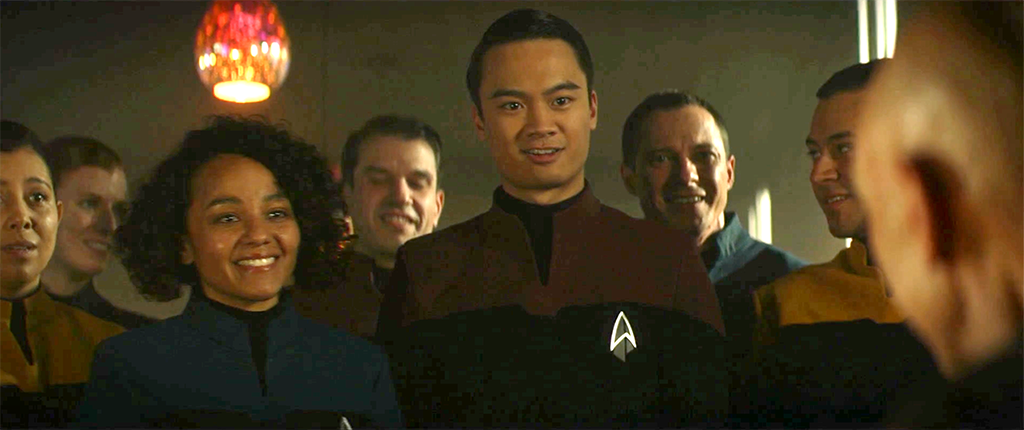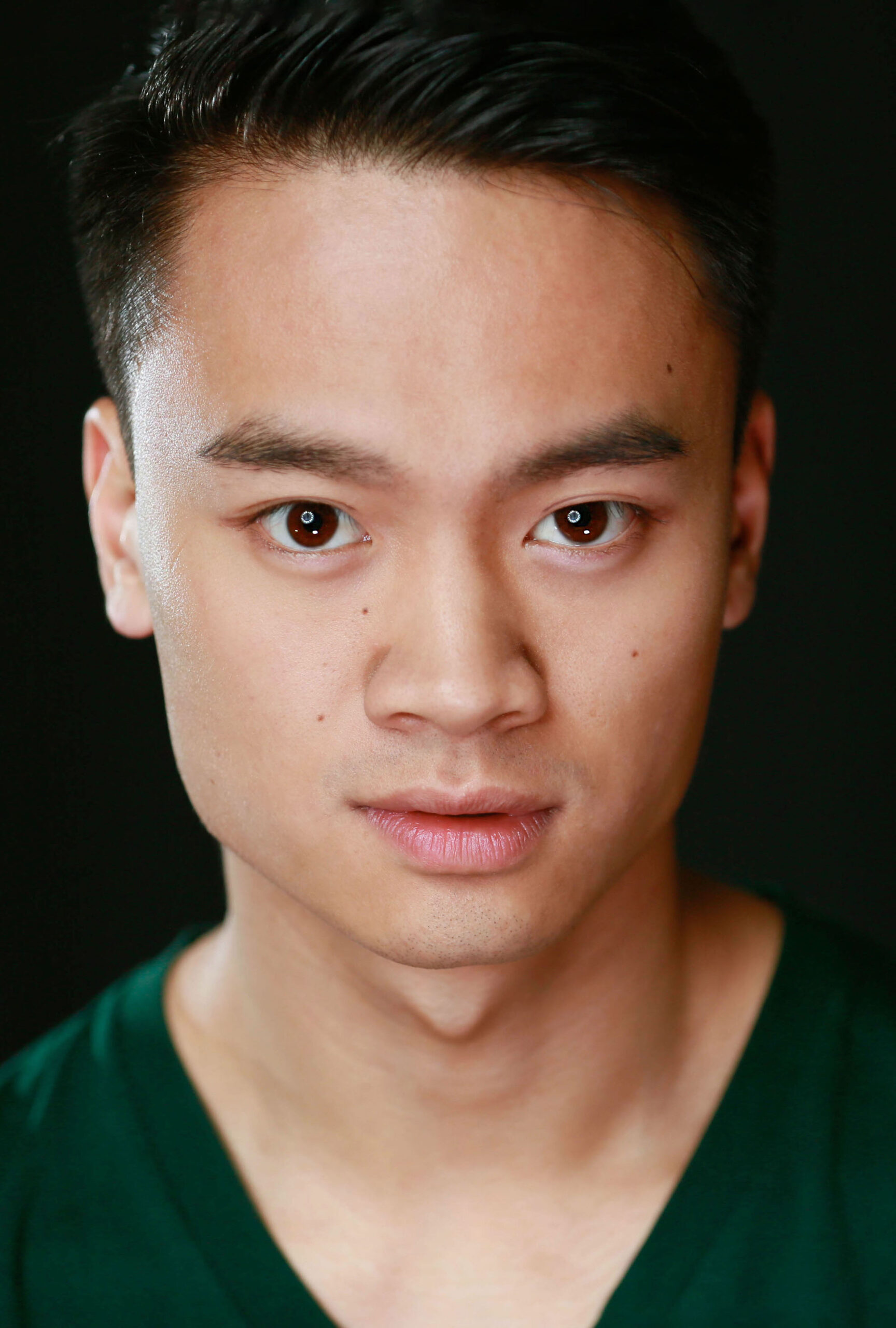By Andrew Hamlin
NORTHWEST ASIAN WEEKLY
When your father’s the state governor, then a member of Obama’s cabinet, then the ambassador to China—and when your mother’s a Miss Asian America, then a television reporter—you could be forgiven for thinking your family isn’t quite like anybody else’s.
But Dylan J. Locke, second child and only son of Gary and Mona Locke, says the ordinariness of family life, and family love, stick with him the most.
“My earliest memories growing up are almost entirely of family,” reflected the stage and screen actor, who’s opening in David Henry Hwang’s play “The Dance and the Railroad” in Pasadena on May 19. “Spending time at family dinners and holiday gatherings, going on weekend trips between Olympia and Seattle with my parents and my older sister, or even just hanging around watching VHS tapes. (Ironically, one of our favorite parts was rewinding the tapes afterwards, where my sister Emily and I would do a little ‘rewind dance’ to pass the time.)
“My mom and my dad always emphasized family time. Family is everything, and they made sure to prioritize being present whenever they were with us. I remember my mom teaching me how to play football in the living room. My dad reading bedtime stories and playing Legos with me. My mom singing me to sleep. In many ways, it was an extremely mundane upbringing, and I guess that’s what makes it so remarkable to look back on.”
Growing up, he recalled, Emily was the one who wanted to act. He figured a future for himself in filmmaking, and he shot “mini-documentaries and nonsensical short films,” planning a tour through film school.
“The turning point was when I was around 16 years old. I saw a staged reading of an Asian American play, ‘Costs of Living’ by Timothy Huang, at the Village Theatre Festival of New Works in Issaquah. And it blew my mind, being able to see Asian actors telling a story in which their cultural identity was a factor, but not the entire concept of the show.
“I had such a visceral reaction to seeing people who looked like me onstage. I realized I had had to wait 16 years to have that experience, and I didn’t want anyone else to have to wait that long, ever again. And I guess that was the defining moment when I realized I wanted to be a storyteller—actor, filmmaker, producer. It didn’t really matter, as long as I was able to join the movement for representation onstage, onscreen, and in new media.”
Asked about differences between Asian American theater scenes in Seattle and the Los Angeles area, Locke was quick to spot similarities.
“In regards to the theater scene, I feel like Los Angeles and Seattle are actually somewhat similar when it comes to pockets of theater communities,” he elaborated. “Seattle’s Asian American theater scene is small but mighty. Roger Tang and his company Pork Filled Productions is the largest tentpole around which most Asian artists find themselves. Similarly, East West Players (EWP) is based in Los Angeles and is the longest running theater company of color in the U.S.
“It seems like every Asian actor in L.A. has their roots tracing back to EWP at one point or another. So I’d say the biggest difference between Seattle and L.A. is the size of the L.A. market. And of course, the prevalence of the film industry!”
“The Dance and the Railroad” is David Henry Hwang’s second play, originally produced in New York City. Locke describes it as “Revolving around two Chinese immigrant railroad workers during the 1890s. It deals with the poignant subjects of loss, survival, camaraderie, and perseverance in the face of insurmountable odds.
“I play Ma, the bright-eyed newcomer to America. He’s a naive counterpart to the railroad veteran Lone, played by the incredibly talented Hao Feng.”
Looking back on his accomplishments so far, the actor mentioned, among other credits, working on the science fiction show, “Picard.”
“I learned so much working with Sir Patrick Stewart! Truly a masterclass in acting, getting to work with him and [actor/director] Jonathan Frakes. I’ve also shot a leading role in an indie feature film [‘Alien Vacation’], which is in post production now. Between the on-camera work, the theater shenanigans, and the two-dozen-plus English dubs I’ve voiced for Netflix, Disney+, and Hulu, I’ve been so thankful for the opportunities to stay busy, stay creatively engaged, and to learn so much every time I step onstage or on set.

Dylan J. Locke in Star Trek: Picard (Season 3 Episode 4: “No Win Scenario”) via Paramount Plus (Image provided by Dylan J. Locke)
“I’m so grateful to have been able to go to the University of Southern California (USC) for undergrad. Coming to Los Angeles, meeting so many creative and talented individuals, it’s been extremely inspiring and creatively fulfilling. USC taught me so many things about living as an artist—how to go forth and create opportunity rather than waiting to be given permission to tell stories. Harnessing the power of content creation and producing during my ‘free’ time, rather than sitting around waiting for the phone to ring.”





